If you didn't see my post about the Hudson Taylor Collection coming out at a great price. Here is a second chance to lock in the best price. The price has already dropped from $24 to $22 and the more people who bid the lower the price goes. I’m not selling the product or making any money. I simply am very excited about it and can’t wait for it to come out.
Bidding closes at 12:00pm (PST) on Friday, 11/8/2013.
Right now it is only in the community pricing stage so it will be some time before it is actually published but that means that now is the best time to lock in a good price. In fact with the way that Logos has their community pricing the price may drop and you get the lower price.
Hudson Taylor arrived in China in 1854 and spent 51 years preaching and teaching the gospel message and immersing himself in Chinese culture. This collection from China’s greatest missionary creates a portrait of Hudson’s life and work by gathering together his devotional and autobiographical works, as well as biographies from his family and fellow laborers.

Runs on
Windows,
Mac and
mobile.
Projected Price
$24.00
85% OFF
Reg.:
$159.95
Overview
Hudson Taylor gave his life up to be a footnote in God’s story of worldwide redemption. He first arrived in China in the spring of 1854 and founded the China Inland Mission in 1865. In total Taylor spent 51 years preaching and teaching in China. In contrast to other missionary’s of the time who also brought a gospel of Western culture, Taylor immersed himself in Chinese culture. He wore Chinese clothes, ate Chinese food, and wrote and spoke in several Chinese dialects. Now, 150 years later, thanks in no small part to one willing middle-class Englishman, there are as many evangelical Christians in China as there are in America.
The Hudson Taylor Collection creates a portrait of the life and work of the great missionary by gathering together his devotional and autobiographical works, as well as biographies of Hudson Taylor and the China Inland Mission from his family and fellow laborers. Among these works are Hudson Taylor’s reflections on Scripture: Union and Communion, Separation and Service, and A Ribband of Blue, as well as the classic biographical works of Taylor’s son and daughter-in-law, Howard and Geraldine Taylor.
In the Logos editions, these valuable volumes are enhanced by amazing functionality. Scripture citations link directly to English translations, and important terms link to dictionaries, encyclopedias, and a wealth of other resources in your digital library. Perform powerful searches to find exactly what you’re looking for. Take the discussion with you using tablet and mobile apps. With Logos Bible Software, the most efficient and comprehensive research tools are in one place, so you get the most out of your study.
Key Features
- Devotional and autobiographical works of Hudson Taylor

- Classic biographical work of Hudson Taylor and the China Inland Mission from his son and daughter-in-law
- Story of China’s greatest missionary
Praise for Hudson Taylor
More than any other human being, James Hudson Taylor . . . made the greatest contribution to the cause of world mission in the nineteenth century.
—Ralph D. Winter, founder, U. S. Center for World Mission, William Carey International University, and International Society for Frontier Missiology
He was ambitious without being proud . . . He was biblical without being bigoted . . . He was a follower of Jesus, without being superficial . . . He was charismatic without being selfish.
—
Arthur F. Glasser, former dean emeritus of the School of Intercultural Studies, Fuller Theological Seminary
Individual Titles
After the great Chicago fire of 1871, evangelist Dwight L. Moody went back to survey the ruins of his house. A friend came by and said to Moody, “I hear you lost everything.”








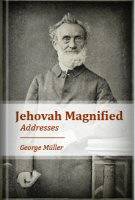


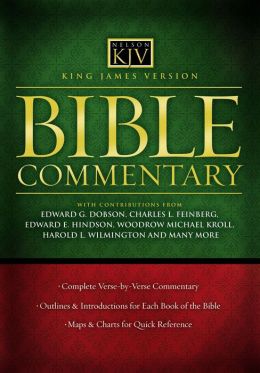




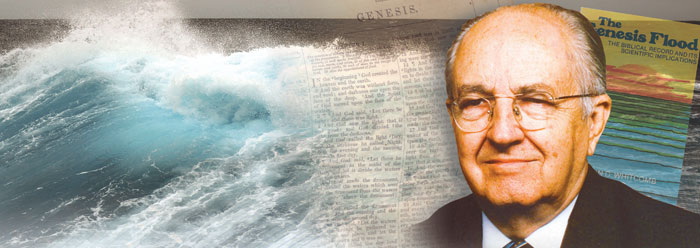
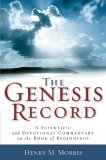







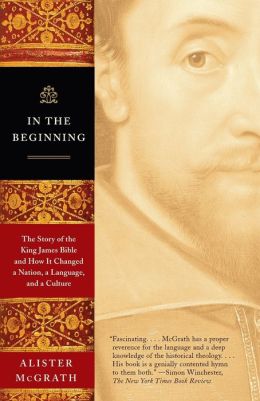 The King James, or Authorized, translation of the Bible is one of the most popular and influential books ever published. In his history of the King James translation, God’s Secretaries, Adam Nicolson reckons that more than five billion copies have been sold since the KJV’s completion in 1611. Its influence goes beyond its intended use “to be read aloud in churches” into the realm of poetry, literature, music, and politics. In his book In the Beginning: The Story of the King James Bible and How It Changed a Nation, a Language, and a Culture,
The King James, or Authorized, translation of the Bible is one of the most popular and influential books ever published. In his history of the King James translation, God’s Secretaries, Adam Nicolson reckons that more than five billion copies have been sold since the KJV’s completion in 1611. Its influence goes beyond its intended use “to be read aloud in churches” into the realm of poetry, literature, music, and politics. In his book In the Beginning: The Story of the King James Bible and How It Changed a Nation, a Language, and a Culture,